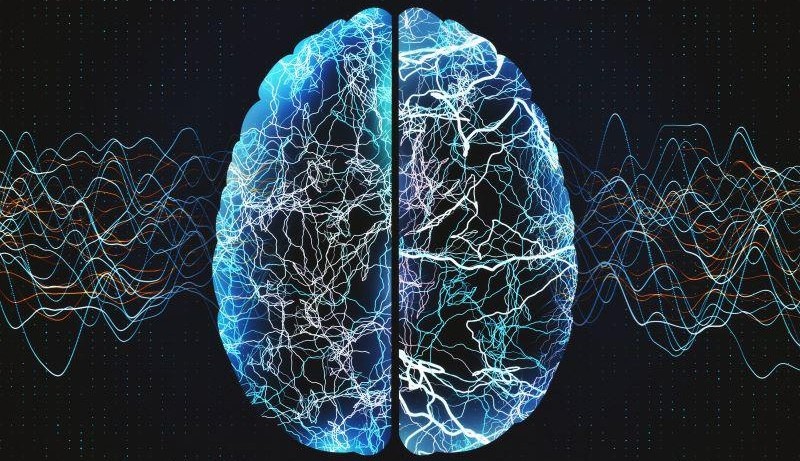Lung cancer is the leading cause of cancer-related deaths worldwide. It exhibits, at the mesoscopic scale, phenotypic characteristics that are generally indiscernible to the human eye but can be captured non-invasively on medical imaging as radiomic features, which can form a high dimensional data space amenable to machine learning. Radiomic features can be harnessed and used in an artificial intelligence paradigm to risk stratify patients, and predict for histological and molecular findings, and clinical outcome measures, thereby facilitating precision medicine for improving patient care. Compared to tissue sampling-driven approaches, radiomics-based methods are superior for being non-invasive, reproducible, cheaper, and less susceptible to intra-tumoral heterogeneity. This review focuses on the application of radiomics, combined with artificial intelligence, for delivering precision medicine in lung cancer treatment, with discussion centered on pioneering and groundbreaking work, and future research directions in the area.Copyright © 2023 The Authors. Published by Elsevier Ltd.. All rights reserved.


















